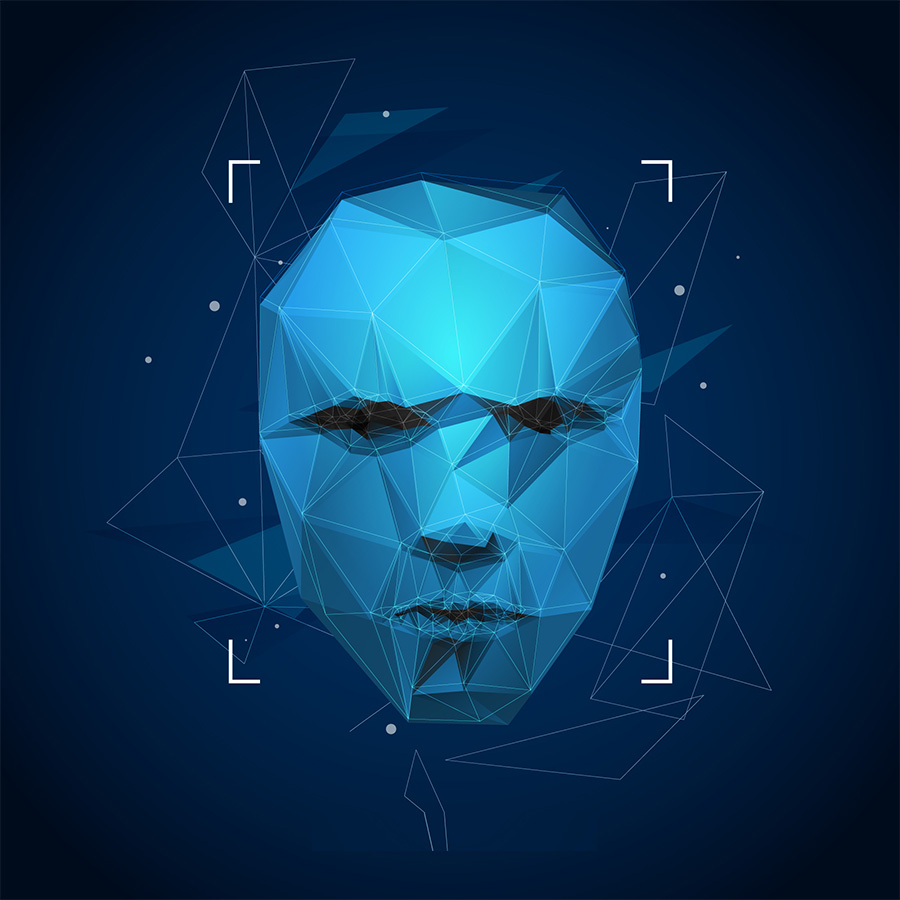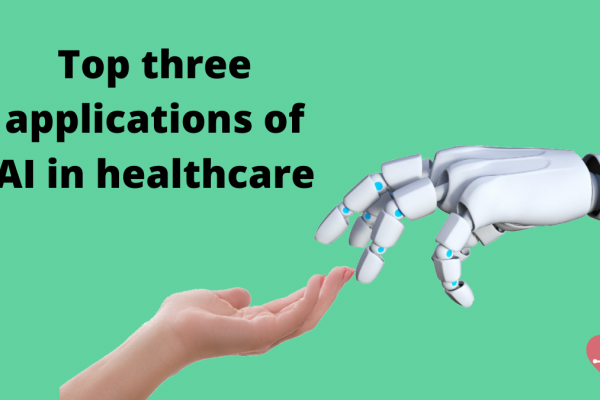As WHO declared the coronavirus a global pandemic, and as the US, Italy, and Spain suffering from high mortality rates, almost one-third of the population on the planet is under lockdown. Reports of even animals getting affected by the virus are coming up. Meanwhile, a couple of firms around the world is using their IT prowess to fight this disease.
China, the epicentre of this outbreak, has rolled out high-end surveillance tech to prevent the spread of the virus. Cameras equipped with facial recognition and thermal imaging in and around airports and transit stations, and are being used to track potential victims to avoid the spread of the virus. Let’s have a look at how technology or more specifically AI is being leveraged to overcome this crisis.
Mass surveillance for the win
China’s massive surveillance system is known for keeping track of even minor offences of its citizens. They recently introduced the social credit system which heavily relies on facial recognition technology to track people and monitor their crimes. It seems that the cameras that are part of this system are now being used to tackle the situation. Chinese laws require the use of real names while purchasing transport tickets, and this allows the government to track people who may have come in contact with the virus.
In fact, they released an app which allows users to check if they have come in contact with any victims. Alibaba, in collaboration with the government, developed the app which uses colour coded QR codes to check if they are at risk. The app requires the user to enter their identity information, their travel history, and other info, upon which the app generates a colour coded QR code. Users with red colour were asked to quarantine themselves for 14 days, with yellow for 7 days, while green indicates they are free to travel. Many buildings and establishments have been reported to be asking visitors to show their QR codes before being allowed to enter.
Many companies in China have been developing other apps aimed to track the spread of the virus, allowing people to avoid areas reported with the virus. Users also can request mobile carriers for their location data to check if they have been in affected areas. Some companies are demanding these reports from their employees before allowing them to return.
Predicting the coronavirus outbreak
In light of the new epidemic, AI systems designed to predict and track an outbreak have come to light. In fact, it may have been an AI that first gave the alert about a possible epidemic. HealthMap, a system at Boston Children’s hospital, that scans online reports and social media posts for possible spread of diseases sent out an alert on December 30th for a possible epidemic, which turned out to be due to COVID 19. It noticed reports of unidentified pneumonia cases in some of the news articles.
HealthMap was not the only AI that noticed this. BlueDot, a Canadian startup developed by Kamran Khan, an epidemiologist, has developed an AI system that sent out an alert on December 31st. Motivated by the SARS outbreak in 2003, the system is designed to scan news articles and air traffic data to detect a disease outbreak.
AI systems can be systematically trained to analyse large amounts of data to arrive at predictions. BlueDot analysed information about diseases in news articles, official reports, in around 65 languages, climate data and many other parameters, to predict and warn officials about a potential outbreak. This time, the system picked up on an article(in Mandarin) about 27 people suffering from pneumonia from an unknown source.
AI doctors?
AI systems are also being used to diagnose the COVID 19. Infervision, a Beijing based startup has developed an AI tool that is being used to screen patients with the virus. They have developed a system that uses lung CT scans to identify patients affected by the virus. The system that was previously used to screen lung cancer patients has now been trained to identify pneumonia due to COVID 19. While we are far away from completely relying on AI for diagnosis, these systems help the doctors reduce their workload and prioritise patients for further screening. While there are obvious drawbacks to using a system that’s trained on limited data over a short period of time, it does help the doctors to reduce the time for diagnosis and makes early treatment possible.
Infervision is not the only startup using lung scans to identify COVID 19. UiPath, a start-up based in New York has fine-tuned its pneumonia detecting AI to screen for pneumonia caused by COVID 19. The company claims its AI can reduce diagnosis times by 50%. UiPath has also rolled out a software tool that allows companies to easily keep track of their employees’ health. Alibaba announced a few days back that their AI system can detect COVID 19 with 96% accuracy. This one also reads CT scan images, and it can produce the result in 20 seconds. The system was developed at Alibaba’s Damo Institute and was trained on 5000 images. An average doctor takes at least 5 minutes to diagnose, and such systems can accelerate the process.
Accelerated drug/ vaccine discovery using AI
Biotech companies have been using bioinformatics tools for a long time to accelerate drug discovery, cutting down the time and resources for bringing a drug to the larger population. Some companies have taken it further, incorporating AI to further narrow down molecules that may work against a condition. One such company, Insilico Medicine has published a list of around 1000 molecules that show promise against the virus. The company also intends to synthesize the top 100 molecules from the list.
And its not just individual companies who are working on finding a cure. Major players from industry, academia and government, including Amazon, IBM, NVIDIA, Google Cloud, MIT, Carnegie Mellon University, US Department of Energy laboratories, and NASA have come together to form the COVID 19 High Performance Computing Consortium to fast track research on COVID 19. Researchers can submit their applications which will be then matched with computing resources from one of the partners. And almost all of these companies have promised their experience in AI to find a cure quickly.
The spread of the COVID 19 has brought about discussions of potential applications of AI in medicine. AI systems like BlueDot may help predict future outbreaks and control. While AI systems will definitely play a huge role in eradicating this outbreak, it is always better to prevent an infection than to treat it. So, wash your hands thoroughly.




